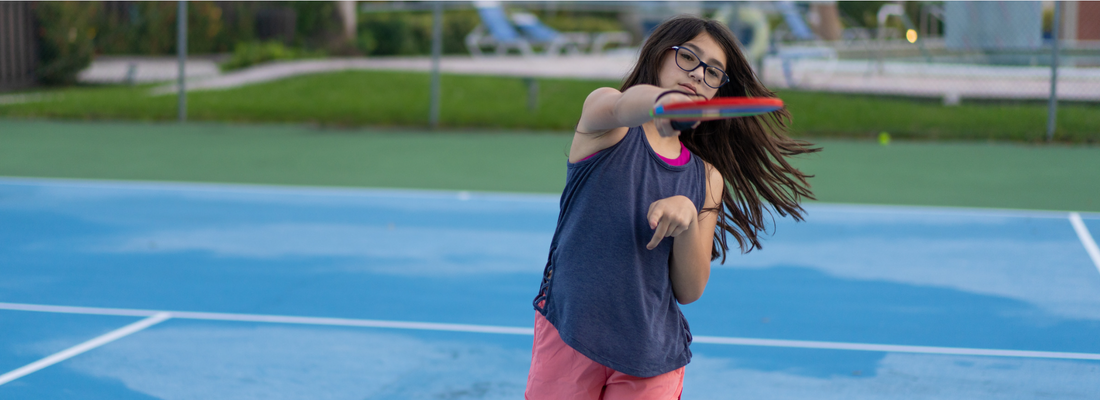
Cultural Capitals: Where Pickleball Is Becoming a Regional Identity
Share
Pickleball is no longer just a pastime—it is becoming a cultural phenomenon that shapes the identity of entire communities. Across the United States and in emerging international markets, certain cities and regions have embraced the sport so enthusiastically that it now defines local character. These cultural capitals of pickleball are not only hubs of play but also gathering places where sport, lifestyle, and regional pride converge.
What Makes a Pickleball Capital
For a city or region to be considered a pickleball capital, it must embody more than a high number of courts or players. It requires a fusion of community spirit, dedicated infrastructure, and cultural celebration.
- Density of Play: Courts fill daily, from early mornings with retirees to evening leagues for working professionals.
- Signature Events: Tournaments and festivals attract both local participants and traveling fans.
- Integration into Lifestyle: Pickleball appears in local fashion, business ventures, and even civic identity.
- Intergenerational Reach: Families, seniors, and youth all claim a place on the court, creating a culture of inclusivity.
U.S. Hotspots Leading the Charge
Naples, Florida
Often called the birthplace of competitive pickleball, Naples has hosted flagship tournaments that draw thousands of players. The city’s climate, facilities, and community spirit have made it a model for pickleball-driven tourism.
Austin, Texas
Known for its vibrant cultural scene, Austin has added pickleball to its identity with themed venues, rooftop courts, and music-infused tournaments. Here, the sport is as much about social connection as it is about competition.
Seattle, Washington
As the sport’s original birthplace, Seattle holds a unique legacy. Pickleball is celebrated not only as recreation but as part of the city’s historical and cultural narrative, with efforts underway to honor it as an official regional sport.
Pickleball’s Global Cultural Capitals
Sydney, Australia
Sydney has embraced pickleball as part of its outdoor lifestyle, blending the game with its beach culture and active community ethos. With clubs growing rapidly, the sport is becoming a fixture in the city’s recreational fabric.
Mumbai, India
India’s financial capital has witnessed an explosion of courts and leagues, transforming pickleball into a sport of aspiration. In Mumbai, pickleball represents modernity and inclusivity, reflecting the city’s role as a trendsetter in sport and culture.
Madrid, Spain
With its strong tradition in racket sports, Madrid has taken to pickleball with enthusiasm. Local clubs are building international partnerships, positioning the city as a hub for European pickleball competition.
Why Regional Identity Matters
When a sport becomes tied to a region’s identity, it strengthens both cultural pride and long-term sustainability.
- Tourism Magnet: Visitors flock to these capitals for tournaments and unique pickleball experiences.
- Economic Ripple: Businesses thrive, from paddle retailers to themed cafes and entertainment venues.
- Cultural Legacy: The sport becomes a symbol of regional values—community, inclusivity, and active living.
The Future of Cultural Capitals
As pickleball continues to expand, more cities will carve out reputations as cultural strongholds. Some may brand themselves through large-scale events, while others highlight unique environments such as mountain resorts or coastal retreats. What is clear is that pickleball’s growth is not only athletic but cultural, weaving itself into the fabric of local identity.
Conclusion
Pickleball is building cultural capitals where community pride and sport converge. From Naples to Mumbai, from Seattle to Sydney, these regions are writing the story of how pickleball becomes more than a game. It is a regional identity, a lifestyle, and a movement that connects people in ways far beyond the baseline. In these capitals, pickleball is not just played—it is lived.












